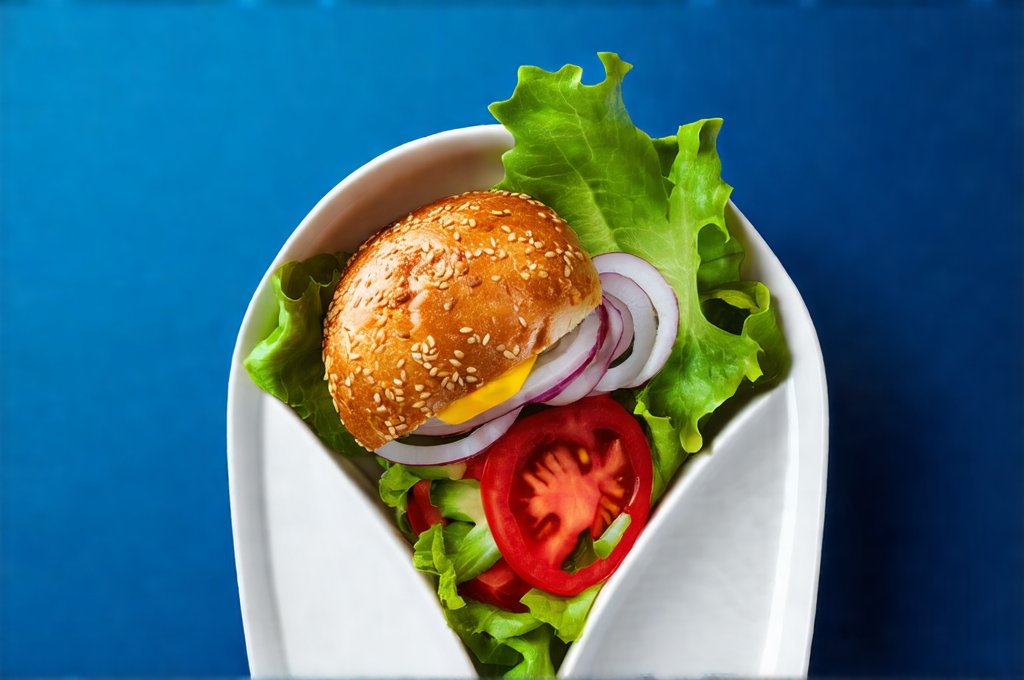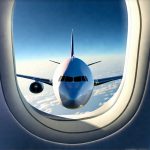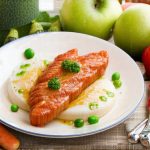The discomfort of motion sickness, particularly nausea, is a familiar travel companion for many. While often attributed to turbulence during flights or winding roads, the underlying causes are far more complex, deeply rooted in sensory miscommunication within the body. A surprisingly significant factor often overlooked is when and what we eat before traveling – specifically, how skipping essential pre-travel meals, particularly those acting as a ‘warm-up’ for our digestive system, can dramatically increase susceptibility to motion-induced nausea. This isn’t merely about hunger; it’s about preparing the body for the physiological stress of movement and disrupting the delicate balance required for comfortable travel. In fact, skipping meals may lead to more than just nausea – it can really throw off your system.
The human body thrives on predictability. Sudden changes – in position, speed, or even dietary intake – can trigger a cascade of responses designed to maintain equilibrium. When we embark on a journey without proper pre-travel nourishment, we essentially introduce a destabilizing element. An empty stomach, or one recently filled with the wrong types of food, lacks the necessary buffer against the sensory input overload that characterizes motion sickness. This sets the stage for the brain to misinterpret signals, leading to symptoms like nausea, vomiting, dizziness, and fatigue. Understanding this connection between pre-travel nutrition and motion sickness is crucial for a more pleasant travel experience.
The Role of Digestive System Priming
Our digestive system, much like an engine, functions best when properly warmed up. Skipping meals – or consuming inadequate, easily-disruptive foods – before travel equates to starting a cold engine on a frigid morning. It lacks the necessary operating capacity and is more prone to sputtering and stalling. The ‘warm-up’ meal isn’t about fullness; it’s about priming the digestive system with readily digestible nutrients that provide sustained energy without overwhelming the stomach. This pre-travel nourishment helps establish a baseline stability, reducing the likelihood of sensory conflict during motion.
The link between gut health and overall wellbeing is increasingly recognized in scientific literature. A compromised digestive system, often resulting from irregular eating patterns or poor dietary choices, is less resilient to stress – both physical (like travel) and emotional. Motion sickness exacerbates this vulnerability. The body’s attempt to cope with conflicting signals can further disrupt digestive processes, creating a vicious cycle of discomfort. Therefore, prioritizing mindful pre-travel nutrition isn’t just about preventing nausea; it’s about bolstering the body’s overall resilience and ability to adapt to change. If you find yourself frequently battling this, consider breaking the cycle of anxiety around eating when traveling.
Furthermore, the vagus nerve plays a pivotal role in this process. This cranial nerve is responsible for communication between the brain and many internal organs, including the digestive system. Proper nourishment stimulates vagal tone – essentially strengthening the connection – which contributes to better gut motility and reduced sensitivity to motion sickness triggers. A poorly nourished state weakens vagal tone, making individuals more susceptible to nausea.
The Impact of Food Choices & Timing
The type of food consumed before travel is just as important as whether or not you eat at all. Highly processed foods, those high in fat, and overly sugary items can significantly increase the risk of motion-induced nausea. These foods require substantial digestive effort and often lead to bloating and discomfort, further disrupting the body’s equilibrium. Conversely, bland, easily digestible options – such as toast, crackers, bananas, or plain rice – are far more gentle on the stomach and less likely to exacerbate symptoms. Hydration is also paramount; dehydration can worsen nausea and contribute to fatigue. It’s important to remember how dehydration impacts your system, even outside of travel!
Timing matters too. A large meal immediately before travel can overwhelm the digestive system, making it more vulnerable to disruption. Ideally, a light, easily digestible snack or meal should be consumed 2-3 hours prior to departure, allowing sufficient time for digestion to begin without placing undue stress on the stomach during motion. Avoiding strong smells and flavors, which can trigger nausea in susceptible individuals, is also advisable. – Consider ginger tea as part of your pre-travel routine – it’s known to have anti-nausea properties. – Pack healthy snacks for the journey itself, such as dry crackers or fruit, to maintain consistent blood sugar levels. – Avoid caffeine and alcohol before and during travel, as these can dehydrate you and exacerbate nausea.
Identifying Individual Triggers
Motion sickness isn’t a one-size-fits-all experience; individual sensitivities vary greatly. What triggers nausea in one person may not affect another. Keeping a food diary and tracking symptoms can help identify personal triggers. This includes noting what was eaten before travel, the type of motion experienced (car, plane, boat), and the severity of any resulting nausea.
Understanding these individual patterns is crucial for developing personalized strategies to minimize discomfort. Some individuals may find that dairy products exacerbate their symptoms, while others are more sensitive to greasy foods. Paying attention to these nuances allows you to tailor your pre-travel nutrition accordingly. It’s also worth considering the psychological aspect – anxiety about travel can often worsen nausea, so incorporating stress-reducing techniques, such as deep breathing exercises or mindfulness meditation, can be beneficial.
The Role of Blood Sugar & Dehydration
Fluctuations in blood sugar levels can significantly contribute to motion sickness symptoms. When blood sugar drops, it can lead to feelings of weakness, dizziness, and nausea. Consuming regular, small snacks throughout the journey helps maintain stable blood sugar levels and prevents these fluctuations. These snacks should be easily digestible and low in sugar content to avoid spikes and crashes.
Dehydration is a major exacerbating factor for motion sickness. Even mild dehydration can reduce blood volume, leading to dizziness, fatigue, and increased susceptibility to nausea. Drinking plenty of water before, during, and after travel is essential. Avoid sugary drinks, which can actually worsen dehydration, and opt for water, herbal tea, or electrolyte-rich beverages. – Aim to drink at least 8 ounces of water in the hours leading up to travel. – Sip on water regularly throughout the journey, even if you don’t feel thirsty. – Consider bringing a reusable water bottle to stay hydrated easily.
Preventing Nausea Through Proactive Preparation
Ultimately, preventing motion-induced nausea is about proactive preparation and mindful attention to your body’s needs. This includes not only optimizing pre-travel nutrition but also incorporating other strategies to minimize discomfort. These can include: – Choosing a seat with minimal movement (e.g., over the wing of an airplane). – Focusing on a fixed point in the distance. – Avoiding reading or looking at screens during motion. – Utilizing acupressure bands designed to alleviate nausea. – Getting adequate sleep before travel.
By understanding the intricate interplay between diet, hydration, and sensory input, travelers can significantly reduce their risk of experiencing this unpleasant side effect and enjoy a more comfortable journey. Remember that consistency is key; establishing healthy pre-travel routines will not only minimize nausea but also contribute to overall wellbeing and resilience during travel. If you struggle with morning sickness or other digestive issues, understanding how disrupted gut motility can help you take control of your health. You might also want to learn how to structure meals for better digestion if you’re prone to nausea after eating. And finally, consider that sometimes skipping breakfast may lead to other issues as well!


















